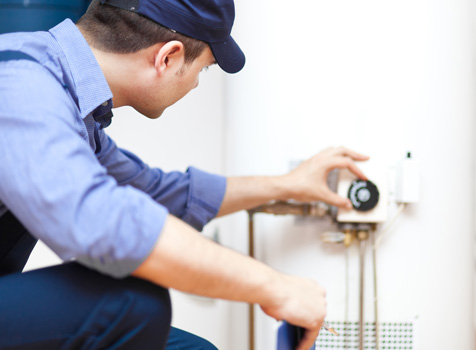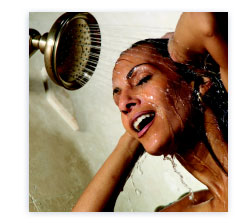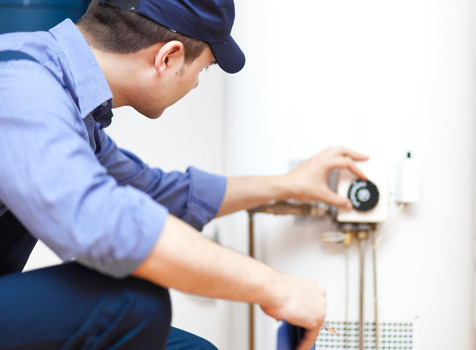 Propane Hot Water Heaters
Propane Hot Water Heaters
Propane gives you more hot water at a more affordable price. And a gas fired home water heating system is less expensive and cleaner to operate and maintain than either electric or oil-fired hot water heaters. That’s why millions of American homes use propane to heat water for their showers, washing machines, and dishwashers.
Propane Water Heaters Beat Electric Models.
- Smaller storage space requirements
- More accurate temperature adjustment
- Wider selection of sizes, installation, and venting options
- More durable components and longer-lasting heating elements
- Have a faster recovery rate (American Water Heater Company)
- Emit 60% fewer greenhouse gases
Tankless Propane Water Heaters
ENDLESS HOT WATER, ENDLESS SAVINGS
Who Should Consider a Tankless Water Heater?
Anyone who wants an endless supply of hot water, and anyone who wants to reduce their impact on the environment would benefit from learning more about propane tankless water heaters.
Whether replacing an old tank-style electric or propane water heater in an existing home or designing and building a new home, more and more homeowners and builders are warming up to the benefits of going tankless with propane.
Click here for more information from the U.S. Department of Energy about the increased efficiency of tankless water heaters.
Why Propane Tankless vs. Electric?
Here’s how a propane tankless water heater can save you money compared to tank-style storage water heaters or electric tankless heaters.
 Installing a propane tankless water heater may qualify you for tax credits. Click here to learn more.
Installing a propane tankless water heater may qualify you for tax credits. Click here to learn more.- Propane tankless water heaters are so efficient, they’re Energy Star qualified (electric tankless water heaters are not).
- Propane tankless water heaters reduce carbon emissions by 63 percent compared to electric tankless water heaters.
- Propane tankless water heaters prevent the emission of 35,000 lbs. of greenhouse gases over 10 years compared with a standard electric-powered water heater.
- Switching from an electric water heater to a propane tankless system has nearly the same greenhouse-gas emission impact as does switching from a typical mid-sized sedan to a Toyota Prius (in the U.S.).
 Tankless water heaters reduce standby energy loss by up to 20 percent compared to storage water heaters, and they cost approximately 60 percent less to operate.
Tankless water heaters reduce standby energy loss by up to 20 percent compared to storage water heaters, and they cost approximately 60 percent less to operate.- Most tankless water heaters can provide eight gallons per minute of hot water.
- Because tankless models are less subject to corrosion, the expected life span of a tankless water heater is 20 years, twice as long as most storage water heaters.
- Their small size saves space and provides limitless installation options, either inside or outside the home.
How Tankless Hot Water Heaters Works
Tankless water heaters only heat water when it’s needed. When a water tap is opened, the tankless model senses the demand for hot water and starts the heating process. The water flows through a heat exchanger and is heated to the designated temperature set by the user. When the water tap is closed, the heater automatically shuts off until hot water is demanded again.
Propane vs. Fuel Oil
Fuel oil is adequate for supplying heat, but, unlike propane, it cannot power certain appliances such as ranges or dryers. Fuel oil furnaces and water heaters are not as efficient as propane models. In many instances, hot water is derived from a fuel oil fired furnace, requiring the furnace to run and wasting even more energy. Their burner nozzles get clogged very easily and need frequent maintenance. While propane is clean burning, fuel oil produces soot and other contaminants.
Contact a DiSanto Energy Consultant today to learn just how easy it is to switch to clean, efficient, economical Propane before the cold weather sets in and the snow starts to fly.

